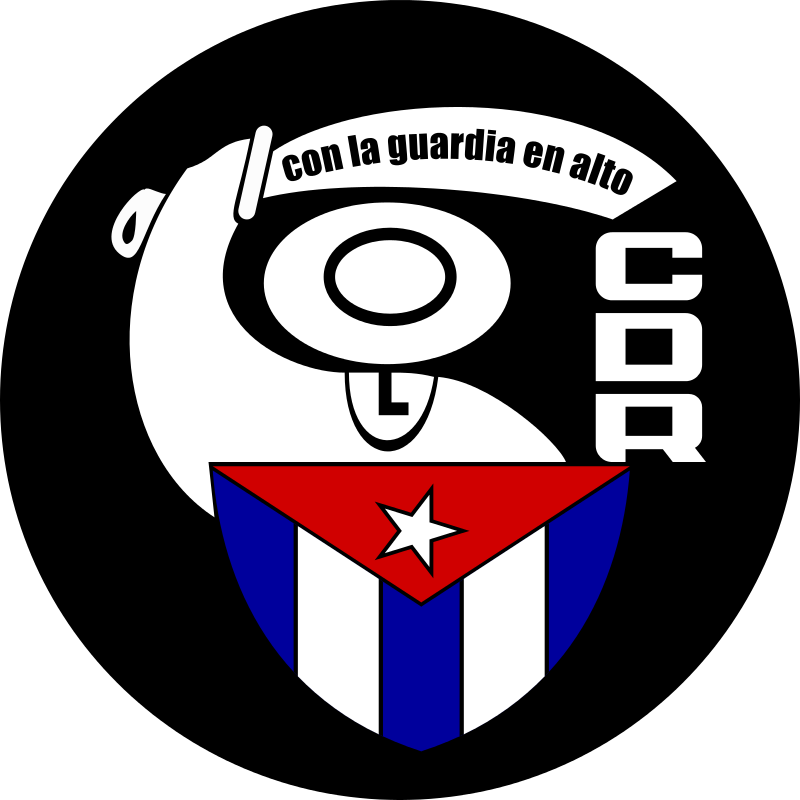The formation of the Committees for the Defense of the Revolution (CDRs) was announced by Fidel on September 28, 1960, in response to acts of terrorism organized from Florida. Counterrevolutionary terrorism—including air attacks, the murder of literacy campaign workers, and sabotage of the nation’s infrastructure—had been a dimension of the longstanding campaign to bring down the Cuban Revolution, carried out by organizations financed by the government of the United States in the 1960s and tolerated by the U.S. government in the 1990s.
The mass organizations of neighborhoods, workers, women, students, and farmers are integral parts of Cuba’s system of people’s democracy. In addition to having their own activities, they have constitutionally defined roles in elections and in the legislative committees of the National Assembly of People’s Power, which is the highest legal and political authority in the nation, and which is elected directly and indirectly by the people. I …



